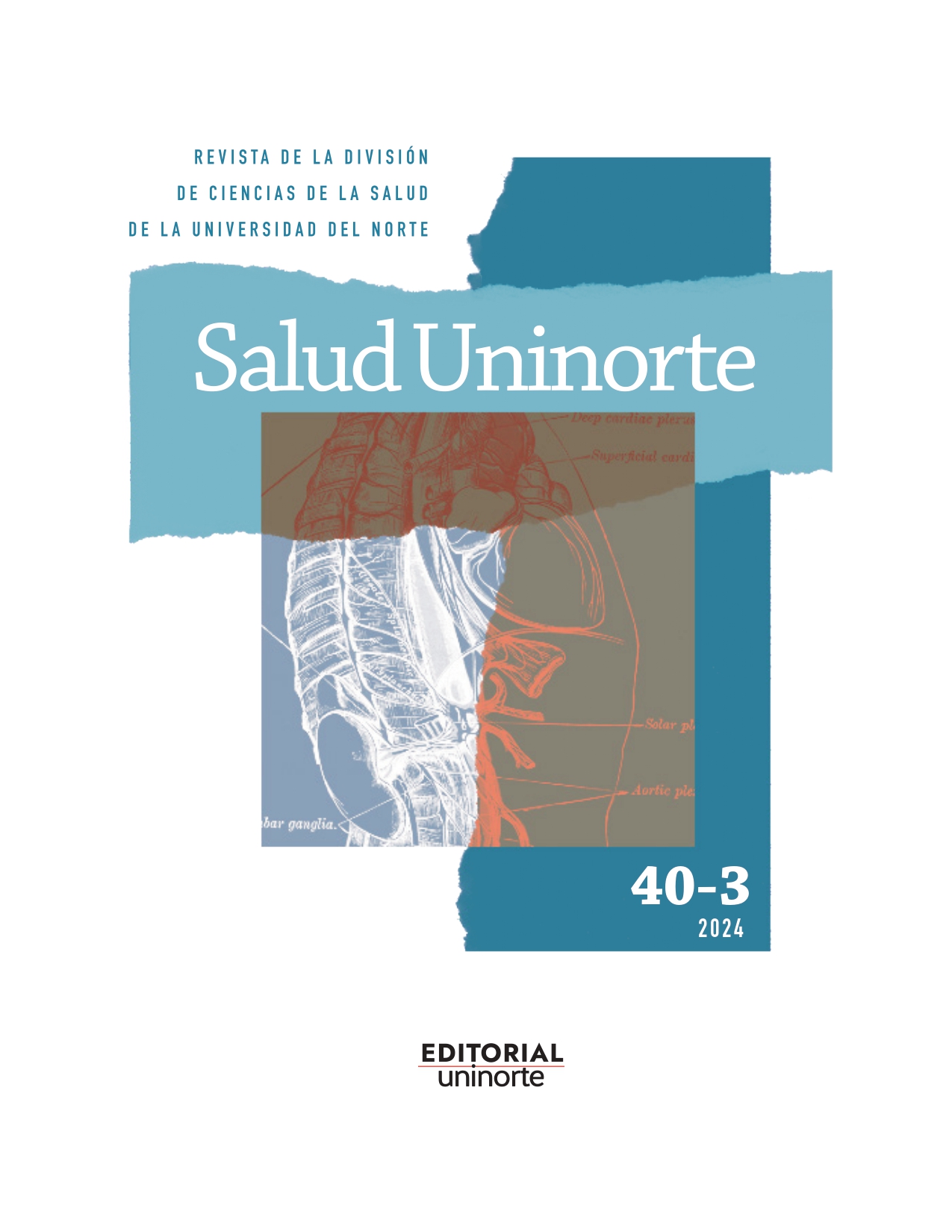Adult obesity phenotypes and their clinical relevance. Narrative review
DOI:
https://doi.org/10.14482/sun.40.03.900.259Keywords:
Obesity, phenotype, metabolic syndrome, physiology, pathology.Abstract
Obesity, a multifactorial disease caused by the alteration of the function of adipose tissue causing chronic and systematic inflammation. Considered as one of the main problems facing society in this century, with an increase in its worldwide incidence becoming a health problem, due to its growth, it has been considered as a global epidemic, named as globesity in 2011 by the World Health Organization (WHO).
Obesity, together with metabolic syndrome, helps us to describe 4 groups of phenotypes without a clear consensus; the reviewed groups include metabolically healthy obese, metabolically abnormal obese, metabolically abnormal, normal weight, and sarcopenic obese.
The objective of this review was to describe each of the metabolic phenotypes and to identify the most common pathologies associated with each of these phenotypes by conducting a narrative review of the literature. Conclusion: This work has shown that there are no unified protocols for the diagnosis of each phenotype of obesity, also, each phenotype has particular characteristics in terms of detection and presentation in body composition, however, they are associated with the imminent development of metabolic syndrome, heart disease, and type 2 diabetes.
Downloads
Published
How to Cite
Issue
Section
License
(COPIE Y PEGUE EL SIGUIENTE TEXTO EN UN ARCHIVO TIPO WORD CON TODOS LOS DATOS Y FIRMAS DE LOS AUTORES, ANEXE AL PRESENTE ENVIO JUNTO CON LOS DEMAS DOCUMENTOS)
AUTORIZACIÓN PARA REPRODUCCIÓN, USO, PUBLICACIÓN Y DIVULGACIÓN DE UNA OBRA LITERARIA, ARTISTICA O CIENTIFICA
NOMBRE DE AUTOR y/o AUTORES de la obra y/o artículo, mayor de edad, vecino de la ciudad de , identificado con cédula de ciudadanía/ pasaporte No. , expedida en , en uso de sus facultades físicas y mentales, parte que en adelante se denominará el AUTOR, suscribe la siguiente autorización con el fin de que se realice la reproducción, uso , comunicación y publicación de una obra, en los siguientes términos:
1. Que, independientemente de las reglamentaciones legales existentes en razón a la vinculación de las partes de este contrato, y cualquier clase de presunción legal existente, las partes acuerdan que el AUTOR autoriza de manera pura y simple a La UNIVERSIDAD DEL NORTE , con el fin de que se utilice el material denominado en la Revista
2. Que dicha autorización se hace con carácter exclusivo y recaerá en especial sobre los derechos de reproducción de la obra, por cualquier medio conocido o por conocerse, comunicación pública de la obra, a cualquier titulo y aun por fuera del ámbito académico, distribución y comercialización de la obra, directamente o con terceras personas, con fines comerciales o netamente educativos, transformación de la obra, a través del cambio de soporte físico, digitalización, traducciones, adaptaciones o cualquier otra forma de generar obras derivadas. No obstante lo anterior, la enunciación de las autorizaciones es meramente enunciativa y no descartan nuevas formas de explotación económica y editorial no descritas en este contrato por parte del AUTOR del artículo, a modo individual.
3. Declara que el artículo es original y que es de su creación exclusiva, no existiendo impedimento de ninguna naturaleza para la autorización que está haciendo, respondiendo además por cualquier acción de reivindicación, plagio u otra clase de reclamación que al respecto pudiera sobrevenir.
4. Que dicha autorización se hace a título gratuito.
5. Los derechos morales de autor sobre el artículo corresponden exclusivamente al AUTOR y en tal virtud, la UNIVERIDAD se obliga a reconocerlos expresamente y a respetarlos de manera rigurosa.
EL AUTOR
















